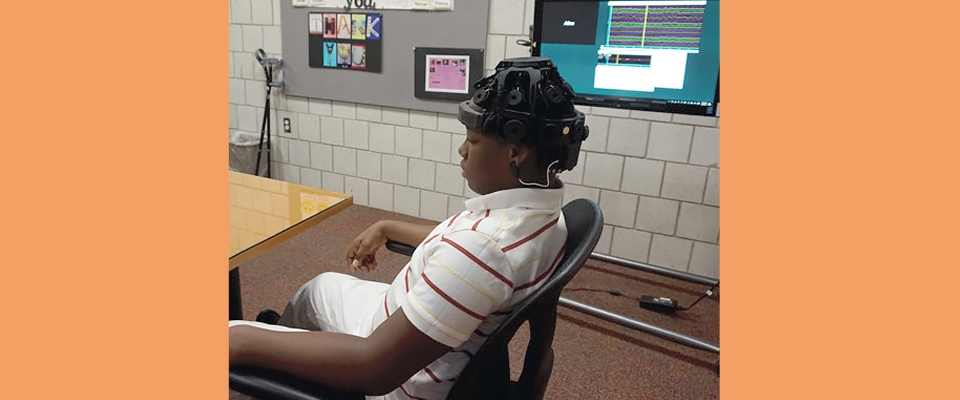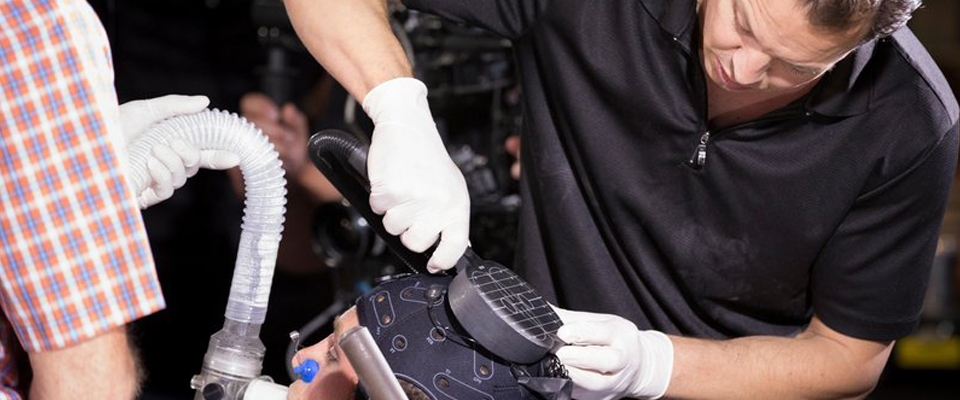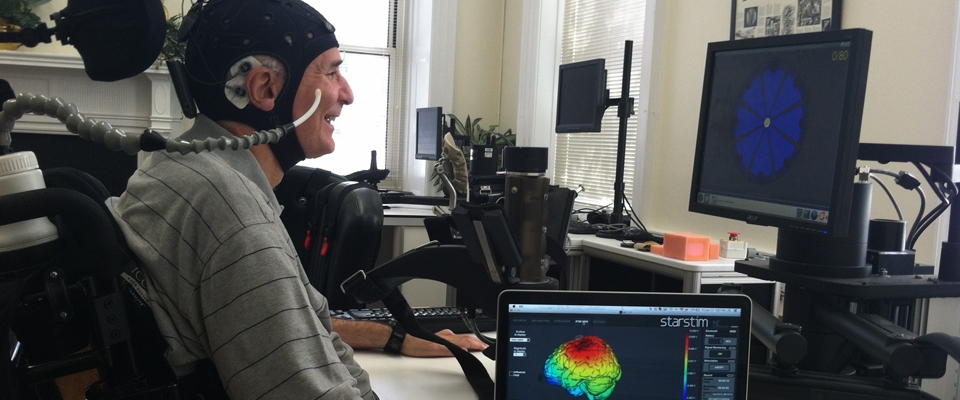You are here
Cognitive Recovery Program

Cognitive Impairment Following Brain Injury
Children with severe brain injury can lose connection with the outside world. This lack of responsiveness is called a disorder of consciousness. Most children recover a large amount of connections with the external world, but they are often left with impairments particularly in thinking.
Currently, it is difficult to predict whether and when a child with brain injury will recover consciousness, and other neurological functions. This is primarily due to reliance on clinical assessments, which require response, interaction with the environment, and no concurrent assessment of the brain. This creates a critical need for tools that measure brain function in a direct, quantitative and repeatable way.
The long-term goal of this project is to predict how children will recover from brain injury and to understand the brain processes that support recovery. Our strategy to predict recovery is to reveal hidden brain processes. Presently, we know if a child can react to the outside world by how they move and react. However, we can also measure the brain directly using EEG, which is a method of recording electrical activity of the brain non-invasively with electrodes placed on the scalp. By giving the child stimulation and recording the brain’s responses, we can know how much brain function they have, even if they don’t move or otherwise react to the stimulation.



